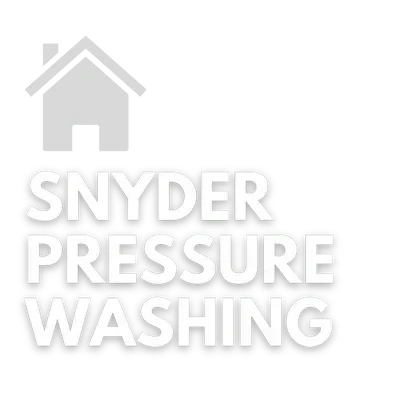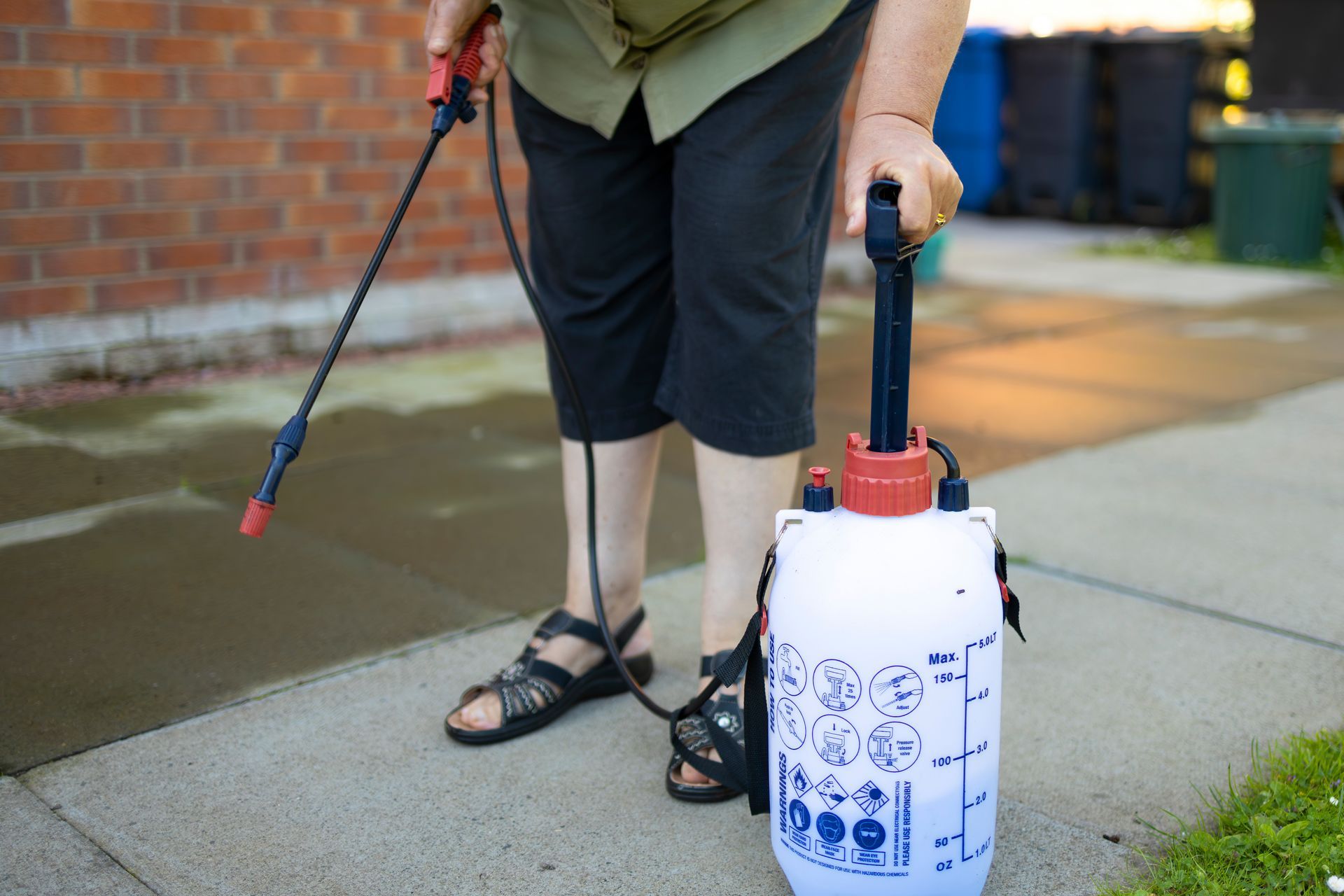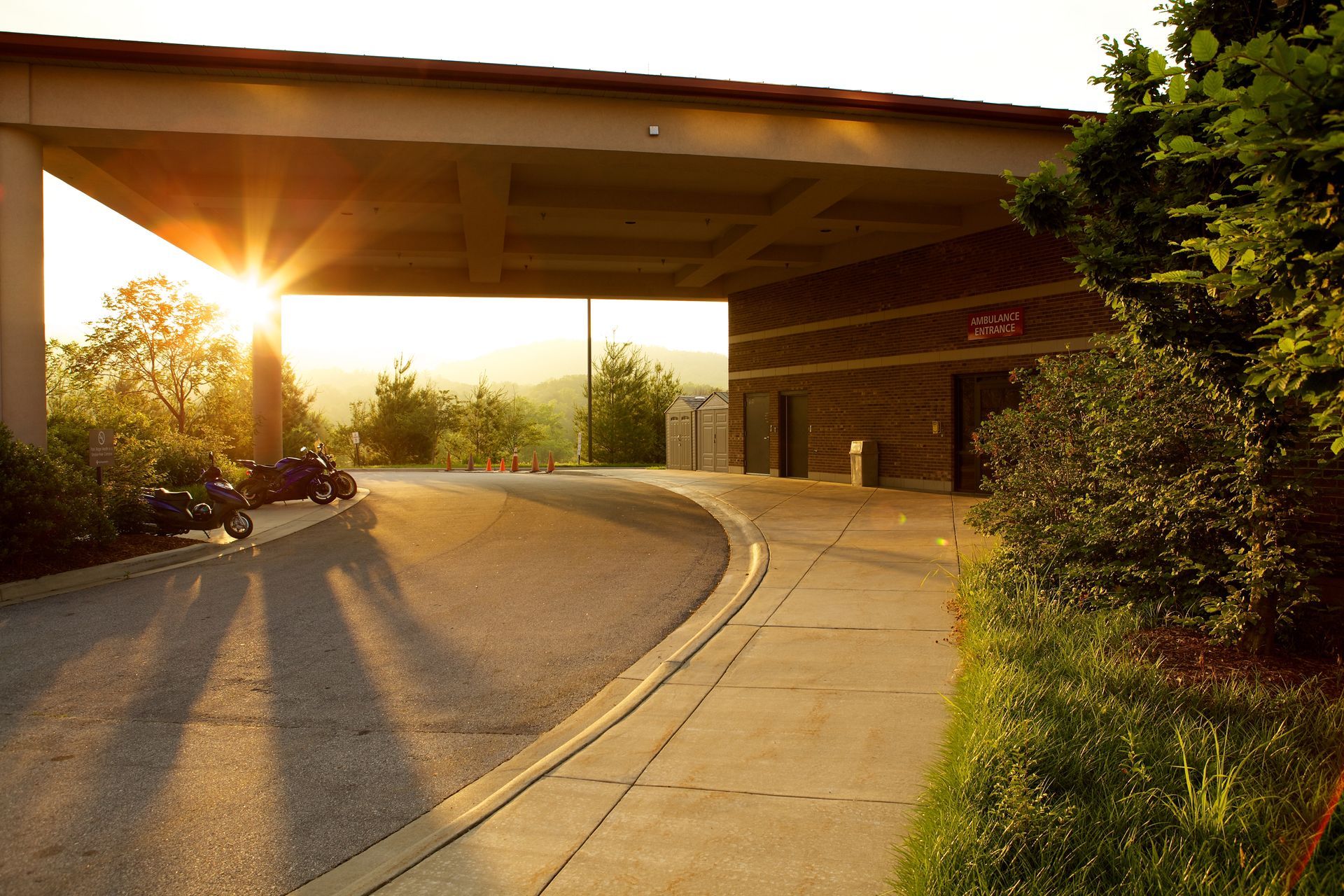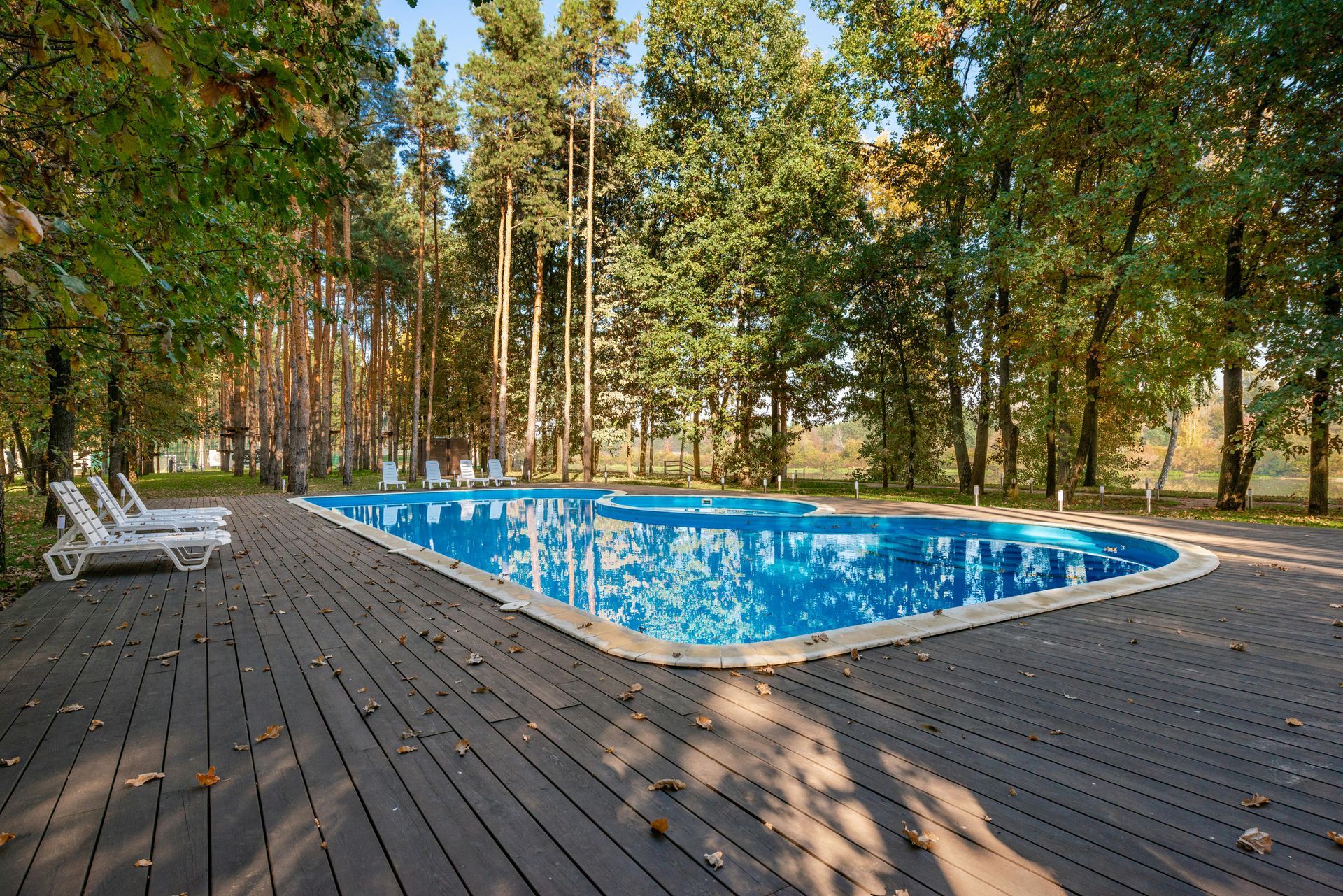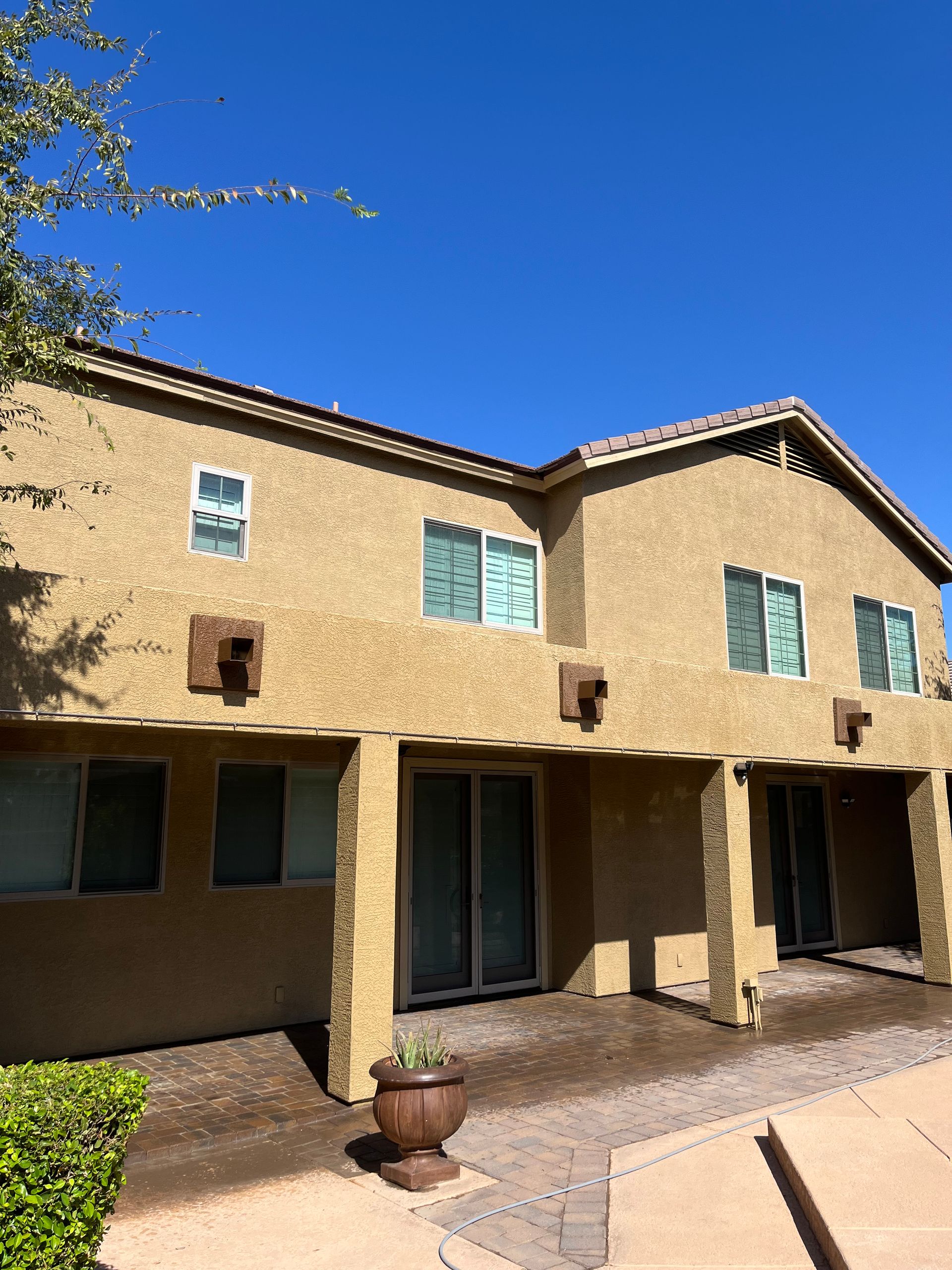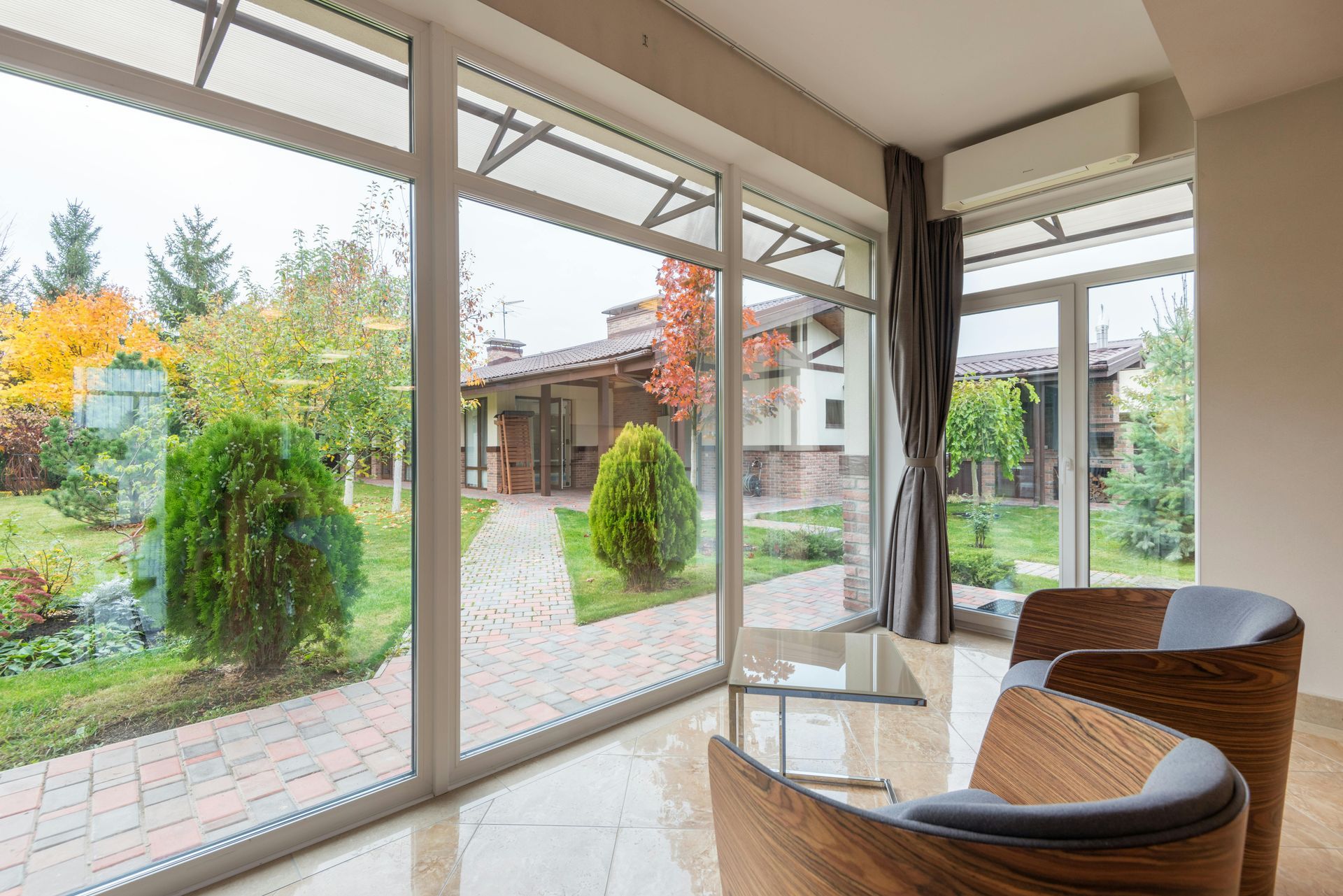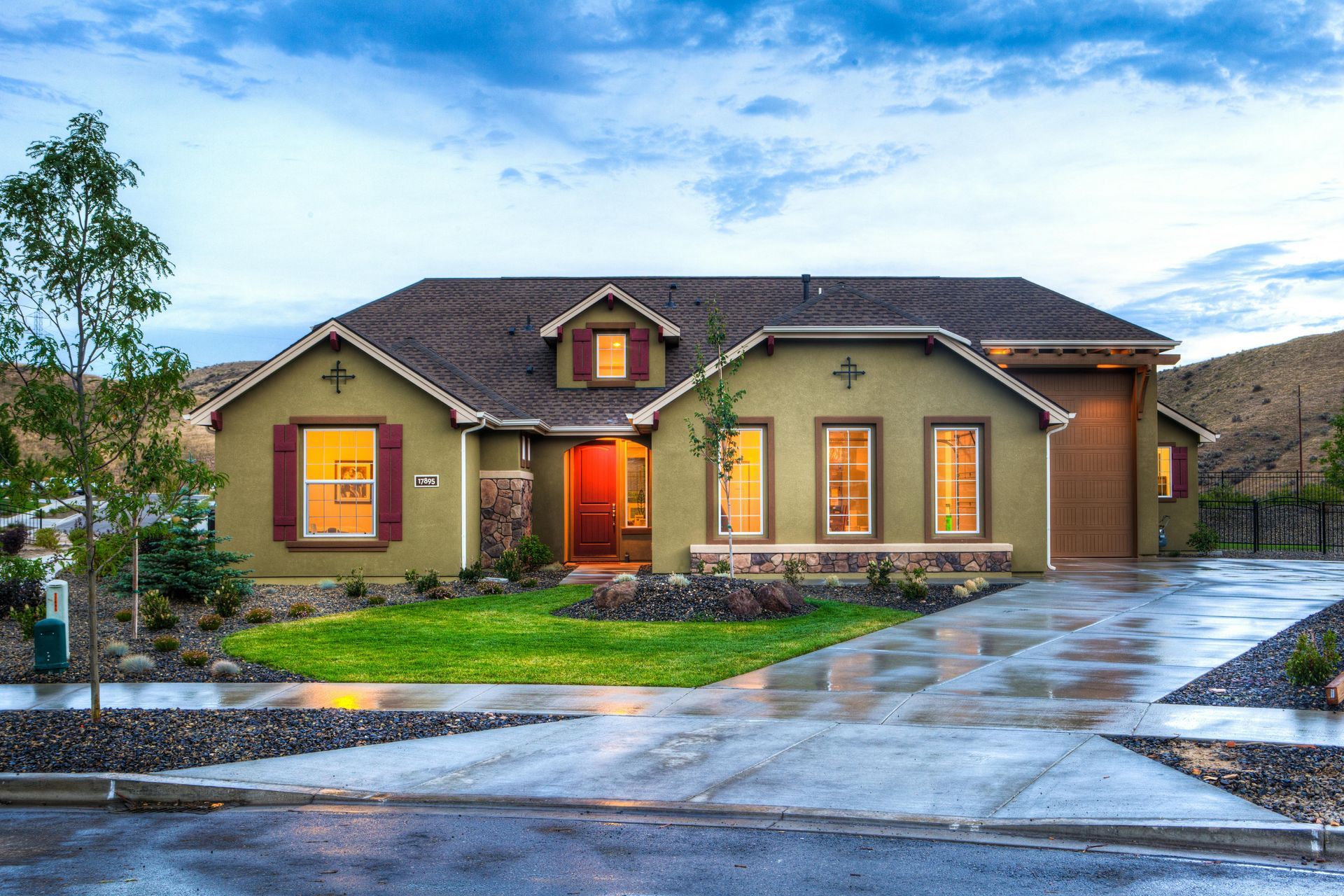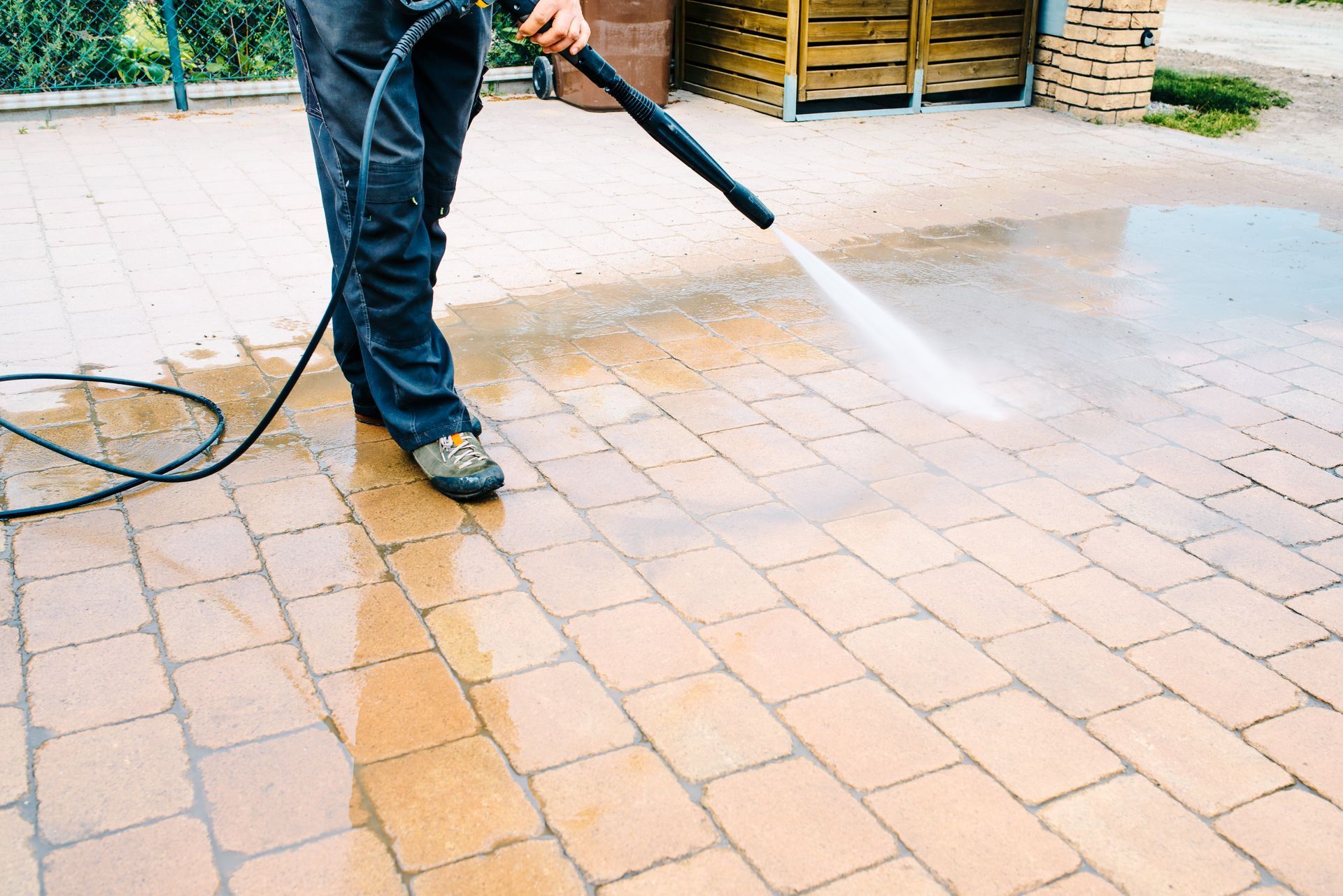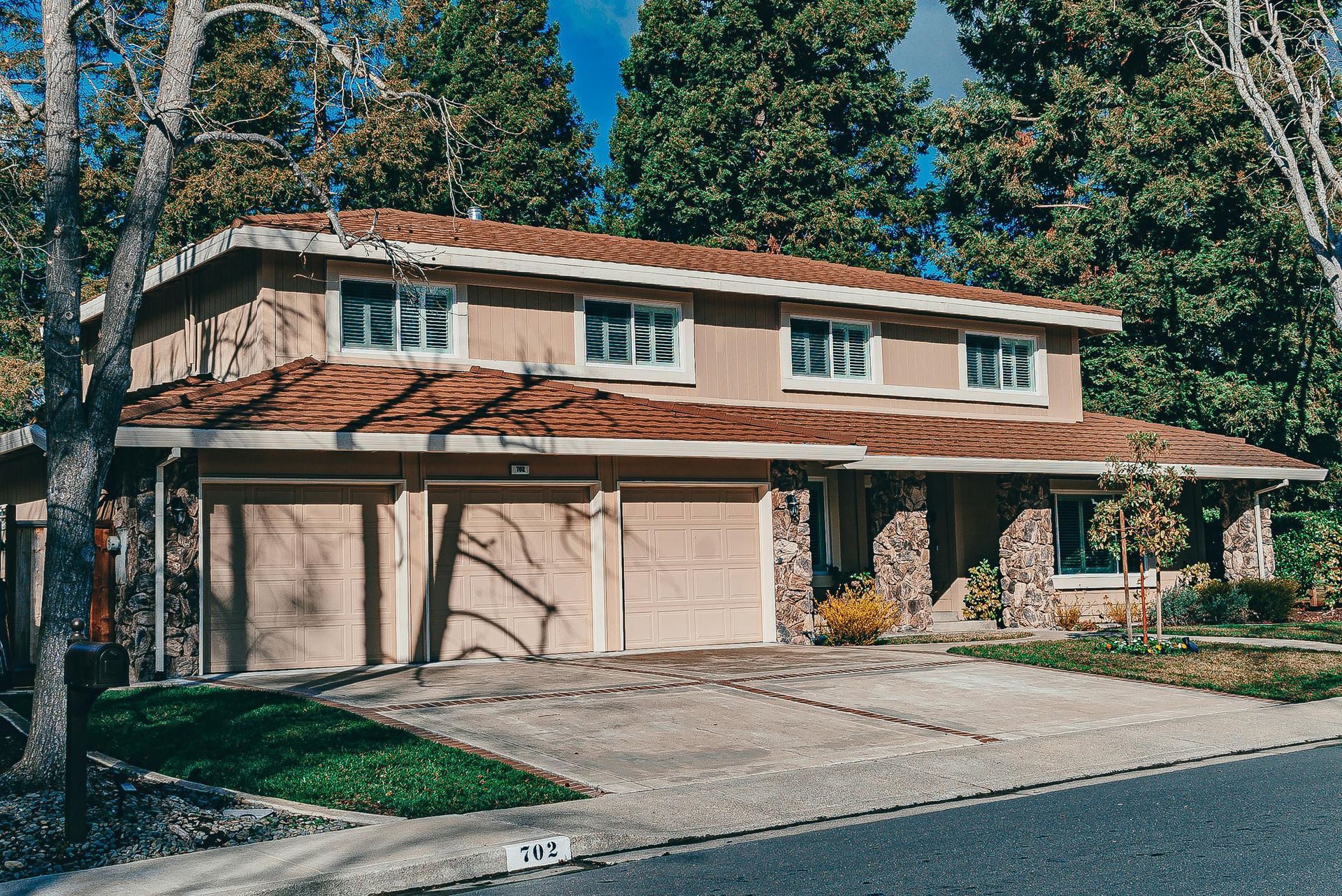Is Pressure Washing Safe for My Driveway?
Pressure washing your driveway might seem like an easy and effective way to clean up that grimy surface, but is it really safe? Let’s dive into everything you need to know about pressure washing your driveway—whether it's a good idea, the potential risks, and how to get the best results.
Understanding the Power of Pressure Washing
Pressure washing is no ordinary garden hose job. It involves using highly pressurized water to blast away dirt, grime, mold, mildew, and even tough stains like oil. While this sounds like the perfect solution for your driveway, the power behind this cleaning method raises questions about safety.
So, is pressure washing safe for your driveway? In most cases, the answer is yes—but it depends on the technique, equipment, and material of your driveway. Here’s a closer look at the factors that determine the safety and effectiveness of pressure washing for your driveway.
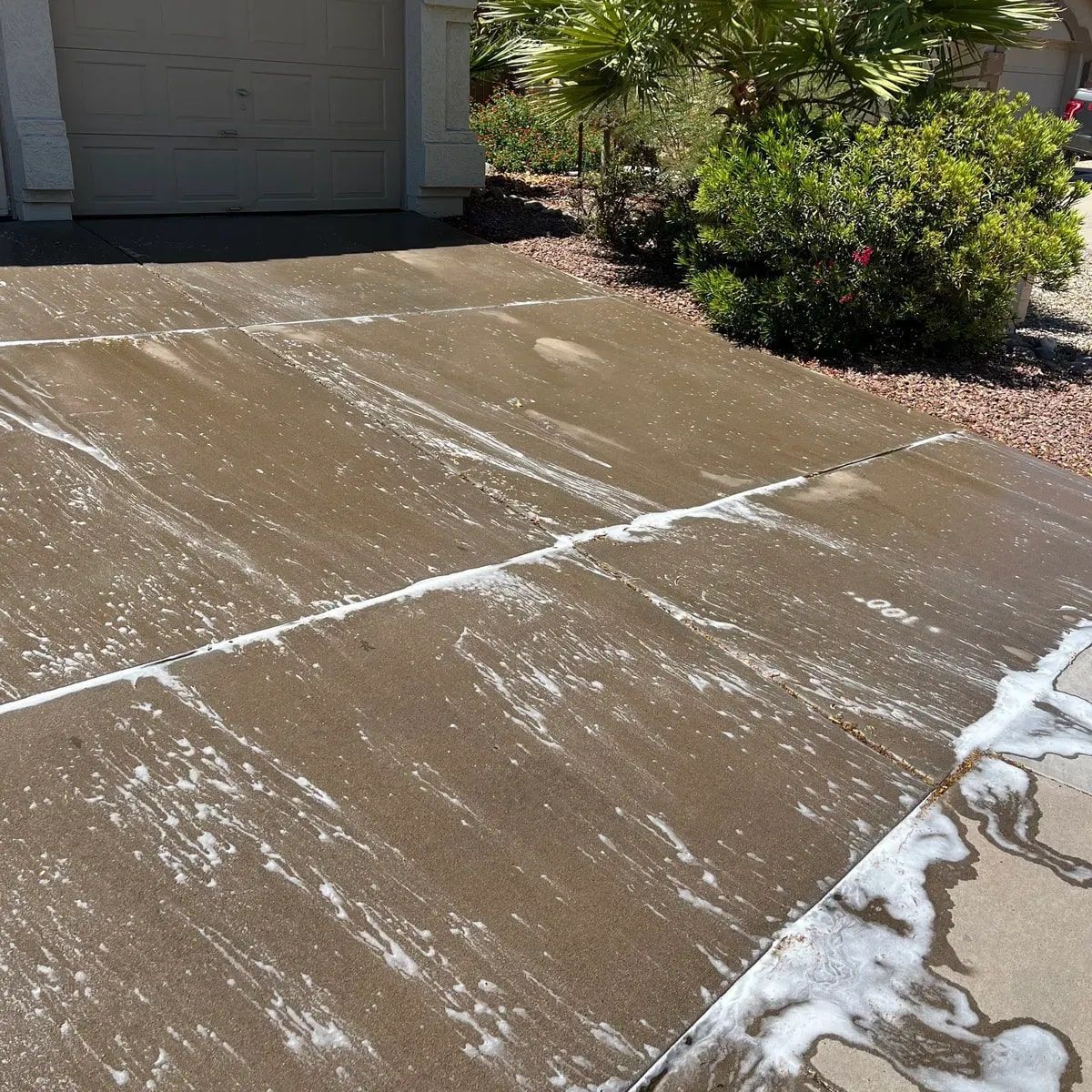
Why Pressure Washing Your Driveway Is (Usually) Safe
For most homeowners, pressure washing is a go-to solution to remove unsightly stains and debris from their driveways. But here's why it's generally safe:
- Concrete Durability
Concrete is a tough material designed to withstand the wear and tear of vehicles, weather, and heavy foot traffic. Pressure washing is effective for cleaning concrete because it can remove stains embedded in its porous surface without causing significant damage. - Deep Cleaning
One of the best things about pressure washing is its ability to penetrate deep into the surface, cleaning areas that a broom or regular hose simply can't reach. Pressure washing your driveway helps keep it looking fresh and can even extend its lifespan by preventing the buildup of grime and mildew. - Environmentally Friendly
Unlike using harsh chemicals to scrub your driveway, pressure washing uses water, making it an eco-friendly option for keeping your outdoor spaces clean. The key is using the right pressure settings to ensure you’re cleaning effectively without causing harm to the surface.
That said, like anything in life, too much of a good thing can be, well, not so good. Let’s take a look at the risks that come with improper pressure washing techniques.
The Risks of Improper Pressure Washing on Your Driveway
Just like handling power tools, using a pressure washer requires a little finesse. If you don’t use it correctly, your driveway might end up in worse shape than before. Here’s how things can go south:
- Surface Damage
While concrete is durable, high-pressure settings can chip or erode the surface, especially if the concrete is older or already has small cracks. What starts as a simple cleaning job could turn into an unintentional DIY driveway renovation. - Water Penetration
Using too much pressure can cause water to penetrate deep into the concrete, leading to potential cracks or damage beneath the surface. Over time, this can cause the driveway to degrade, especially in climates with freeze-thaw cycles. - Uneven Cleaning
We’ve all seen those driveways where someone has cleaned one spot so thoroughly it now stands out like a bright patch of hair on an otherwise balding head. Pressure washing can cause uneven cleaning if you’re not careful, leading to a patchy, inconsistent look. - Accidents Waiting to Happen
Pressure washers are powerful, and mishandling them can cause accidents or injuries. Think flying debris, misdirected spray, or slipping on a now-slick surface. Trust us—you don’t want your driveway cleaning job to end with a trip to the ER.
How to Safely Pressure Wash Your Driveway
The best way to avoid damage while still getting the benefits of pressure washing is by using the right equipment, technique, and preparation. Here are some tips:
- Choose the Right Pressure
Most driveways can handle pressure of 2,500 to 3,000 PSI (pounds per square inch). Anything higher could damage the surface. If you’re unsure, start on the lower side and gradually increase until you find the sweet spot. - Use the Right Nozzle
Different nozzles provide different spray patterns, and choosing the right one can make a big difference. A 25-degree nozzle is usually ideal for driveway cleaning because it provides enough force to clean without causing damage. - Move in a Consistent Pattern
To avoid streaking or patchiness, keep the pressure washer moving in a consistent pattern. Overlap your strokes slightly to ensure even coverage, and keep the nozzle at a constant distance from the surface—usually around 12 inches. - Test a Small Area First
If you’re new to pressure washing or working with an older driveway, test a small, inconspicuous area first to make sure you don’t damage the surface. Better to be safe than sorry!
When to Call in the Pros: Professional vs. DIY Pressure Washing
While pressure washing your driveway yourself is an option, it’s not always the best one. There are several reasons why hiring a professional pressure washing service might be a smart move:
- Experience and Expertise
Professionals know how to adjust the pressure and technique for different surfaces, ensuring a thorough clean without damage. - Specialized Equipment
Most professional services use industrial-grade equipment that’s more powerful and effective than consumer-grade pressure washers. They also have a range of nozzles, cleaners, and attachments that can target specific stains and areas. - Time-Saving
Let’s face it—your weekends are precious, and you don’t want to spend them wrangling a pressure washer. Hiring a pro frees up your time for more important things, like binge-watching your favorite show guilt-free.
Hiring a professional can be a stress-free way to keep your driveway looking its best. So if you’re hesitant about doing it yourself, don’t sweat it—there’s no shame in calling in the pros!
Additional Pressure Washing Services to Consider
Aside from driveways, pressure washing can be an effective way to clean other outdoor surfaces:
- Patios and Decks
Pressure washing removes grime and buildup from your patio and deck, giving them a fresh, clean look. - Walkways and Sidewalks
Keep your sidewalks looking pristine by blasting away dirt, weeds, and mildew. - Home Siding
Regular pressure washing can extend the life of your siding and improve your home's curb appeal. - Pool Decks
Mildew and mold can build up around your pool, creating a slippery surface. Pressure washing is a safe and effective way to clean it up.
Call Snyder Pressure Washing for Professional Pressure Washing Services in Phoenix, AZ
If you’re looking for professional driveway pressure washing services in Phoenix, AZ, and the surrounding areas, Snyder Pressure Washing is here to help. Our team knows exactly how to clean your driveway without damaging it—and we can help with other areas around your home too!
Give us a call at
480-741-1700 to schedule your driveway cleaning or discuss our other services. We also offer pressure washing for
patios,
walkways,
home siding,
pool decks, and
commercial properties. When it comes to keeping your home or business looking its best, we’ve got you covered.
FAQs
How often should I pressure wash my driveway?
It’s recommended to pressure wash your driveway once or twice a year to remove buildup and maintain its appearance.
Can pressure washing remove oil stains from my driveway?
Yes! Pressure washing is highly effective at removing oil stains, especially when combined with a degreaser or other specialized cleaner.
Will pressure washing remove all dirt and grime?
Pressure washing can remove most surface dirt, grime, and mildew. However, some deeper stains may require additional treatments.
Can I pressure wash a driveway myself?
You can, but be sure to use the proper equipment and technique to avoid damaging the surface. When in doubt, call a professional!
Is pressure washing environmentally friendly?
Yes! Pressure washing uses water and doesn’t require harsh chemicals, making it an eco-friendly way to clean outdoor surfaces.
